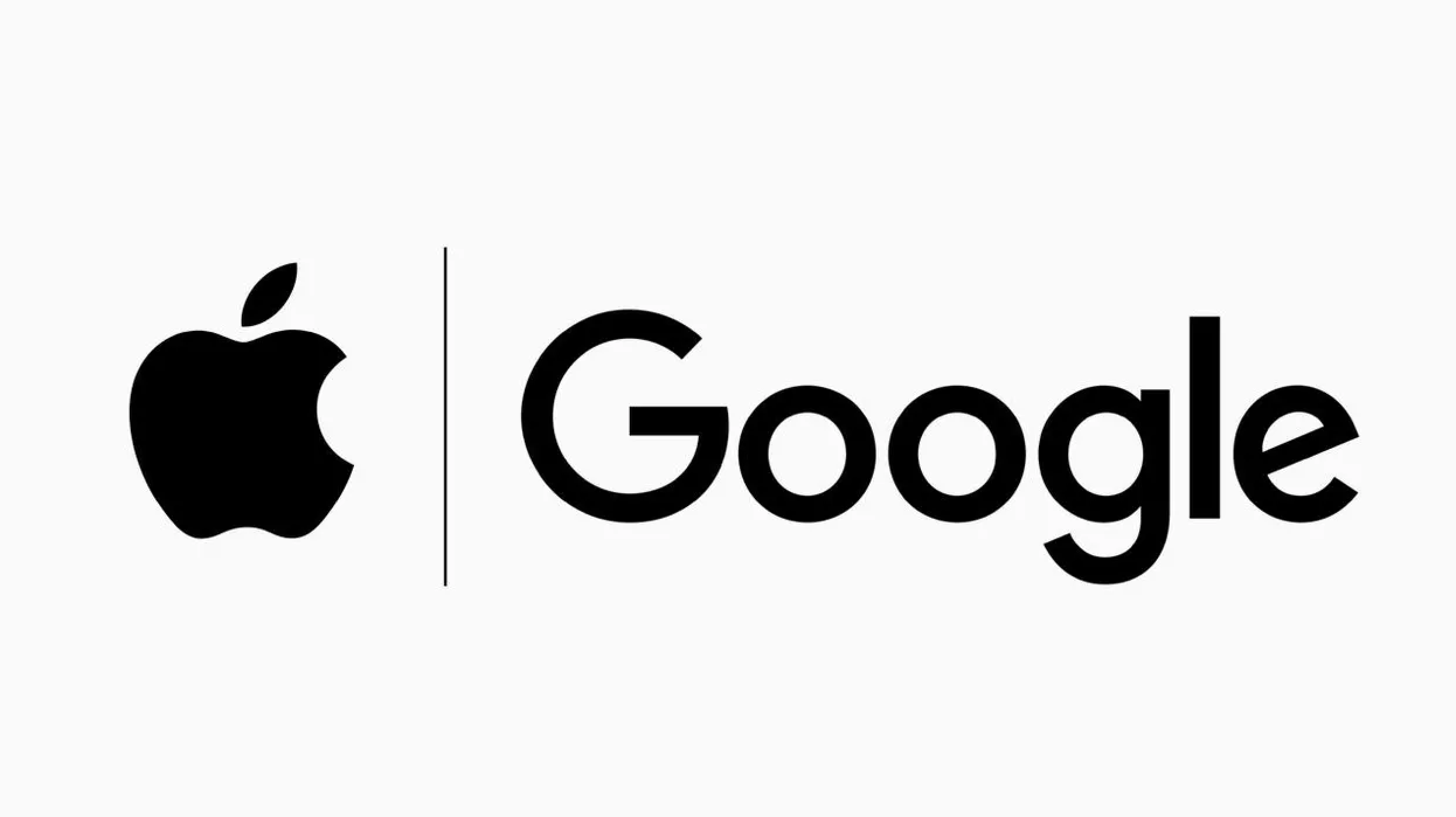Table of Contents
Alphabet Inc. (GOOG) experienced a stock rebound after rebuking claims made by an Apple executive that AI is diminishing search volumes on Apple’s platforms. Google asserted that overall search queries, including those from Apple devices, continue to grow, driven by voice and visual searches. This dispute arises amidst a complex relationship where Apple receives significant payments from Google for search traffic, while exploring alternative AI search providers like OpenAI and Perplexity AI.
Strategic Posturing in a Competitive Landscape
Apple’s recent remarks about declining search usage due to AI tools like ChatGPT may seem like a neutral observation, but in the context of regulatory pressure, they carry strategic weight. Both Apple and Google are under the microscope of global antitrust regulators — particularly in the U.S. and EU — over their dominance in search and digital ecosystems.
By publicly questioning Google’s continued dominance, Apple positions itself as a company fostering innovation and competitive choice, even while it earns billions annually from its default search deal with Google. That deal is one of the central targets in the U.S. Department of Justice’s antitrust case against Google. Regulators have argued that this agreement stifles competition in the search market by preventing other engines from gaining traction.
Apple may be subtly signalling to regulators that it is exploring more “neutral” alternatives, like Perplexity AI or OpenAI, as part of its long-term strategy — not because of regulatory fear alone, but due to actual technological shifts. This dual messaging helps Apple appear less complicit in Google’s dominance while also creating negotiating leverage, both with regulators and with Google when it comes time to renew or renegotiate that lucrative deal.
The Evolution of Search Behavior
Google’s response to Apple’s AI-driven search decline claim highlights an important trend in the digital landscape: the evolution of how people seek information. While traditional text-based searches remain foundational, there is a clear shift towards more dynamic and context-rich search methods. Voice search, for instance, has become increasingly popular as devices like Google Home, Amazon Echo, and Apple’s Siri integrate more deeply into everyday life. According to recent studies, nearly 40% of U.S. internet users now rely on voice search at least once a day, with this figure expected to rise as natural language processing improves.
Additionally, visual search — where users can identify objects, products, and places through image recognition — is becoming a critical battleground. Google Lens, for example, has made significant strides in this area, integrating deep learning to understand context, identify text, and even solve math problems through a smartphone camera. These technologies represent a broader shift from reactive keyword-based searches to more intuitive, context-aware systems.
However, this transition also introduces new challenges. While it allows Google to maintain its search leadership, it also opens the door to newer competitors like OpenAI, Perplexity AI, and even specialized image and voice recognition platforms that could fragment Google’s search dominance. Apple’s cautious statements about AI impacting search might also be a subtle acknowledgment of this changing landscape, as it explores its own AI strategies, potentially to reduce its dependence on Google’s search infrastructure.
Financial Implications for Both Giants
The financial stakes in the Apple-Google search relationship are massive. Google reportedly pays Apple between $15 billion to $20 billion annually to remain the default search engine on Safari, making this one of the most significant partnerships in the tech industry. This arrangement accounts for a significant portion of Apple’s services revenue and helps sustain Google’s dominant search market share, which hovers around 90% globally.
However, the dynamic is more complex than just a straightforward supplier relationship. Apple’s willingness to explore alternatives like Perplexity AI or OpenAI’s ChatGPT reflects a strategic balancing act. On one hand, maintaining Google as the default search provider ensures billions in annual revenue with minimal risk. On the other, diversifying its search strategy would reduce dependency on a single partner and potentially align Apple’s business model more closely with its user privacy-focused brand image.
Moreover, if regulators force Google to change its business practices or limit its ability to pay for exclusive search deals, Apple could find itself in a stronger negotiating position. Apple’s continued investment in AI and machine learning technologies, like the rumoured development of its own search engine or more advanced Siri capabilities, could be part of a broader plan to capture a greater share of the search and digital advertising market in the long run.
